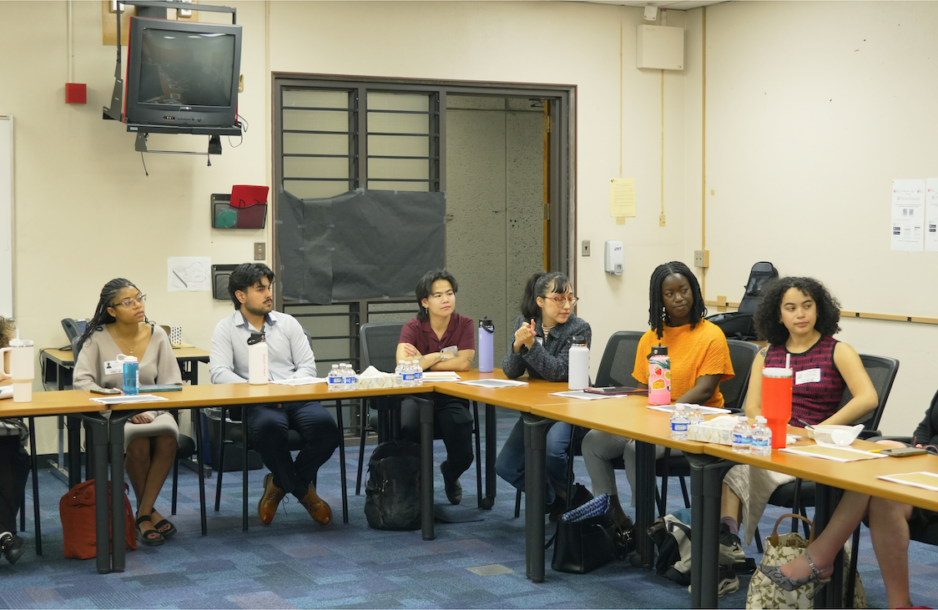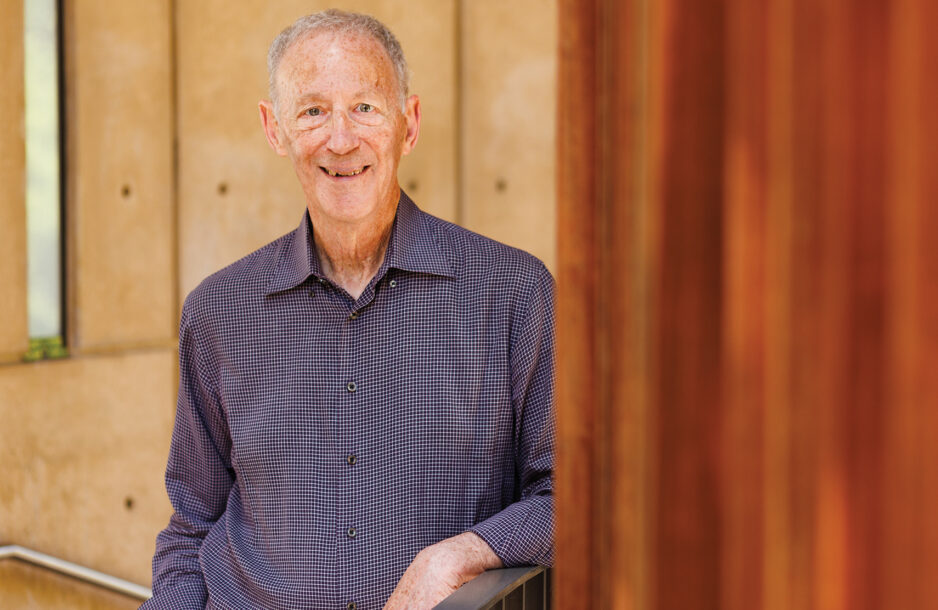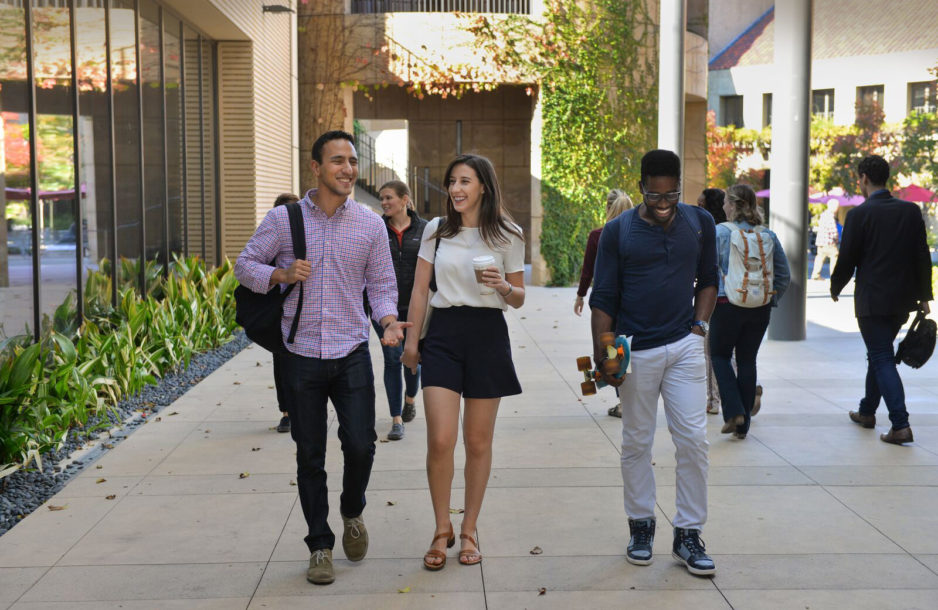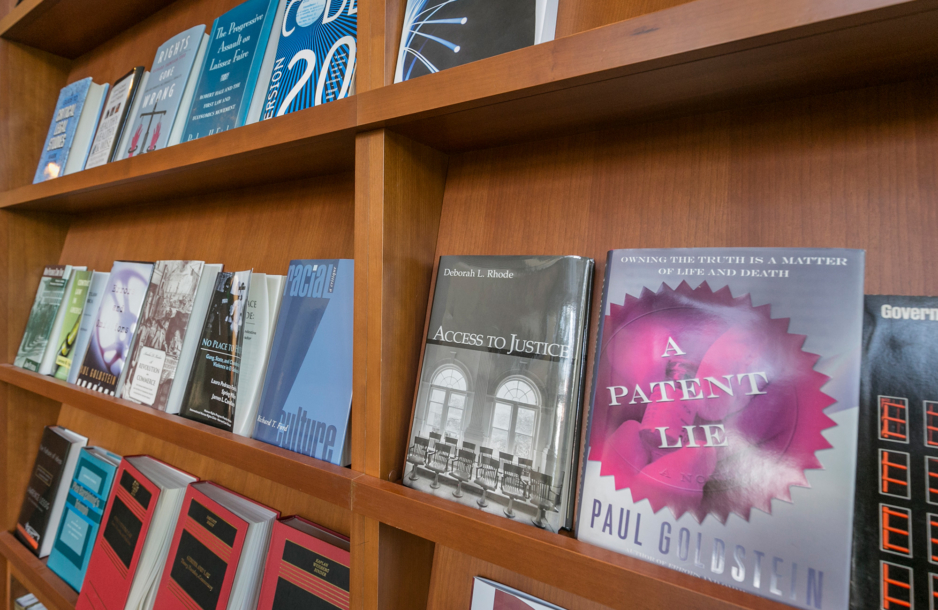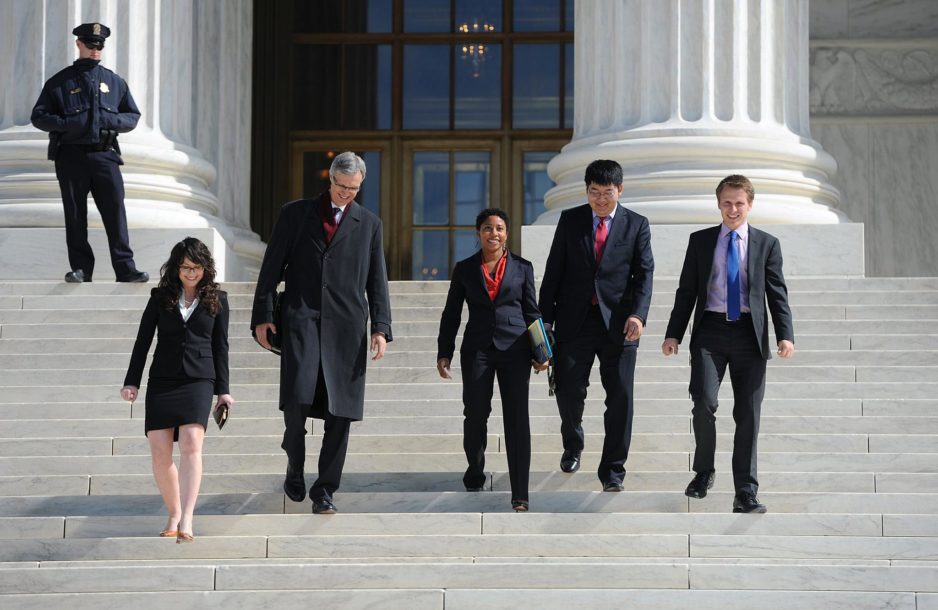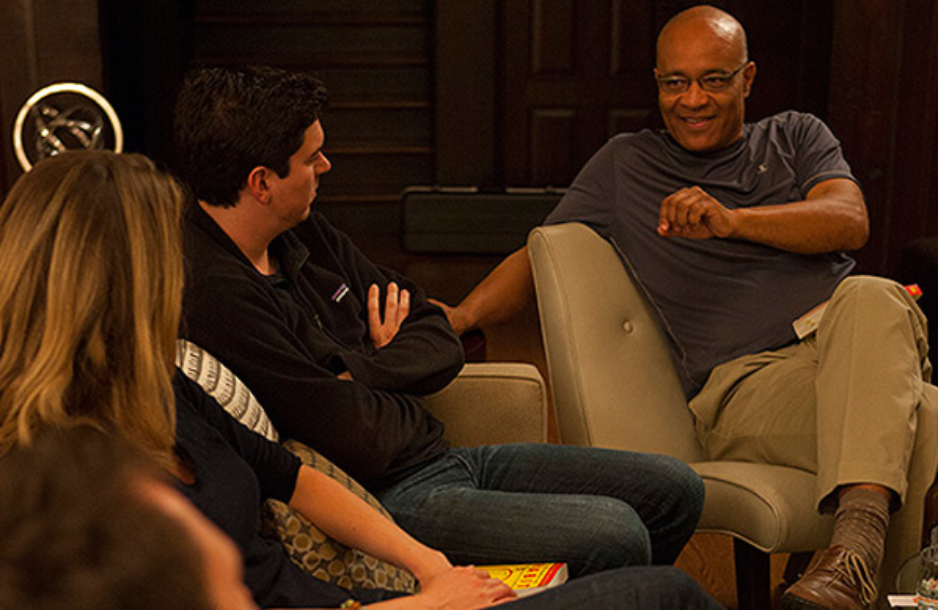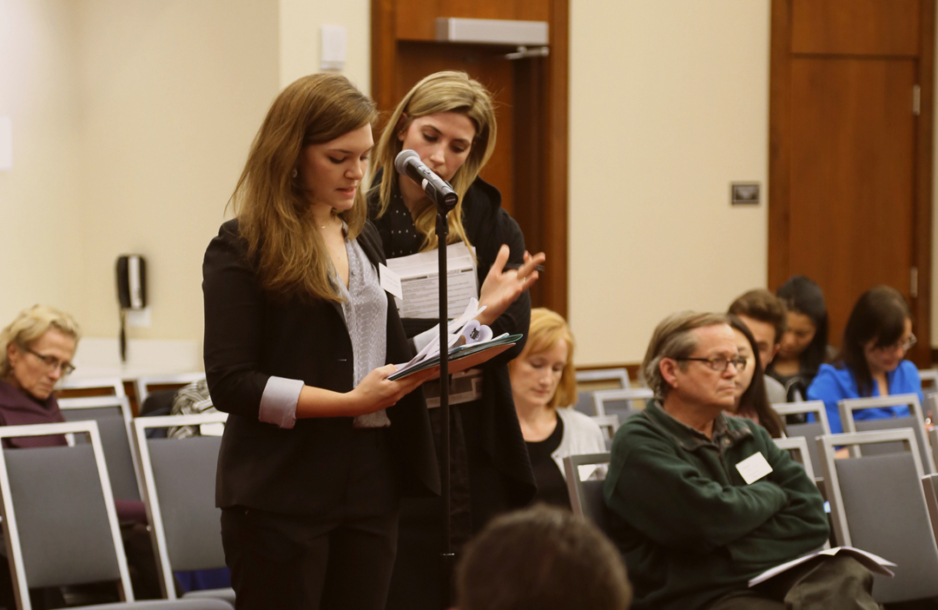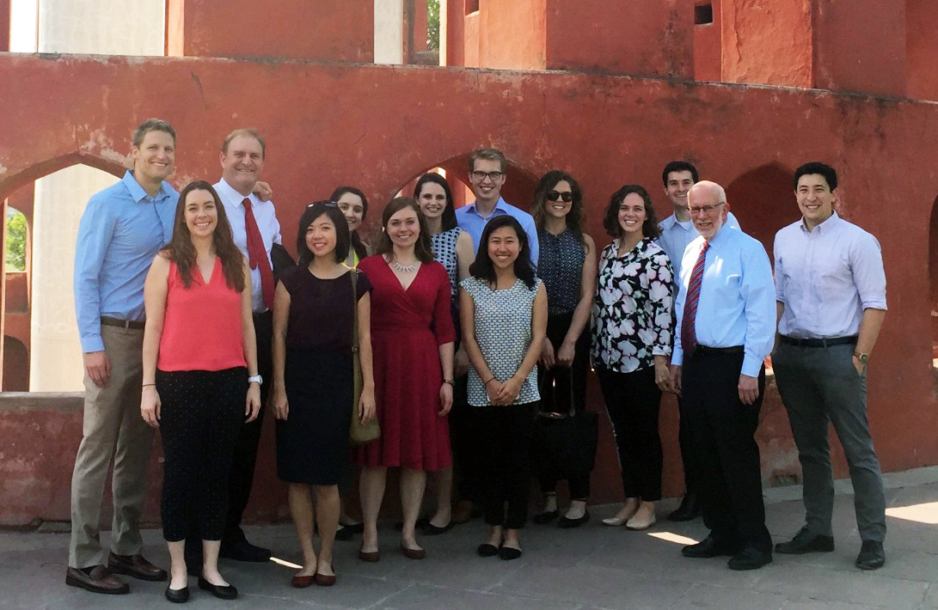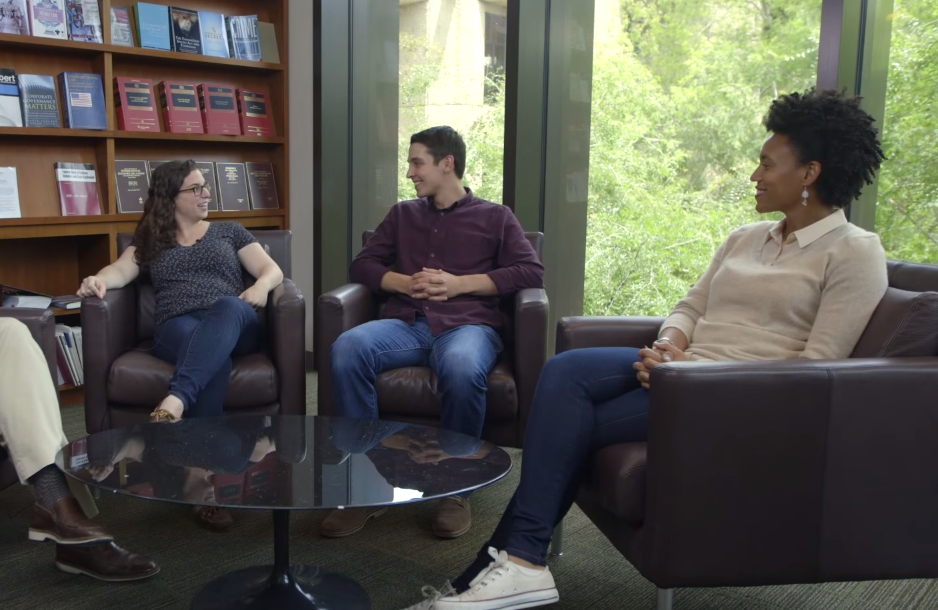We Are Stanford Law
Research, Scholarship and News
With impact in everything from constitutional law and privacy rights to campaign finance reform and the environment, members of the Stanford Law School community shape law and policy through leading-edge research.
SLS Degree Programs

Join a diverse and inclusive community shaped by a commitment to the future.
Learn more : The JD Program
A hallmark of Stanford University and a distinct strength of Stanford Law, where students can explore the many ways law intersects with other fields.
Learn more : Joint Degree Programs
One-year master's degree programs and a doctoral degree (JSD) for international graduate students who have earned a law degree outside the United States.
Learn more : Advanced DegreesRoses Talk Project | San José Unified
The Roses Talk Project is an education policy initiative led by the Stanford Center for Racial Justice and Stanford’s Graduate School of Education that centers the voices of marginalized high school students and brings those insights directly into school and district decision-making.
Connect with Us
What does the future hold for civil liberties in America?
Anthony Romero of the ACLU talks with Stanford Legal podcast's Professor Pam Karlan and sheds light on the many legal challenges we face today. From a Supreme Court showdown on birthright citizenship to pressing issues around ...voting rights, Romero offers a profound insights on how these cases could reshape the landscape of civil rights law.
Listen here: https://brnw.ch/21x0nRf
What if education policy started by asking students what they actually need?
Through "Roses Talk," a research initiative from Stanford’s Center for Racial Justice and Graduate School of Education, Stanford student-researchers partnered with San José Unified to elevate the ...voices of “at-promise” high school students, the ones too often left out of policy decisions.
Students called for more counselors, earlier career guidance, and improvements to everyday learning conditions. The result: research-driven recommendations grounded in lived experience.
Read more:

At Gunderson High School in South San José, California, a group of students gathered last year to talk about what school could be—if it worked bett
brnw.chProfessor Jud Campbell, JD ’11, continues to reshape constitutional scholarship with his groundbreaking research that examines the evolution of 18th-century constitutional thinking. His latest article, “Determining Rights,” challenges modern interpretations of the Bill of Rights, emphasizing ...the founders' intent for rights to evolve through civic deliberation.
Read more: https://brnw.ch/21x0hLF
Stanford Plaintiffs' Law Association alums and students gathered in sunny San Diego to honor Professor Nora Freeman Engstrom, Professor David Freeman Engstrom, alum Garrett Wen and their co-authors on winning the NCJI Civil Justice Scholarship Award. The paper, "Shedding Light on Secret ...Settlements: An Empirical Study of California's STAND Act," demonstrates that banning NDAs in sexual harassment and sexual assault cases did not reduce case filings or prolong their resolution, bucking conventional wisdom that cases won't settle without secrecy.
The reception was part of the American Association of Justice's Winter Convention, which Stanford Law sponsors students to attend. Beyond celebrating with their professors and mentors, students met inspiring attorneys from across the country, learned tips and tricks for trial advocacy and soaked up the sun.



